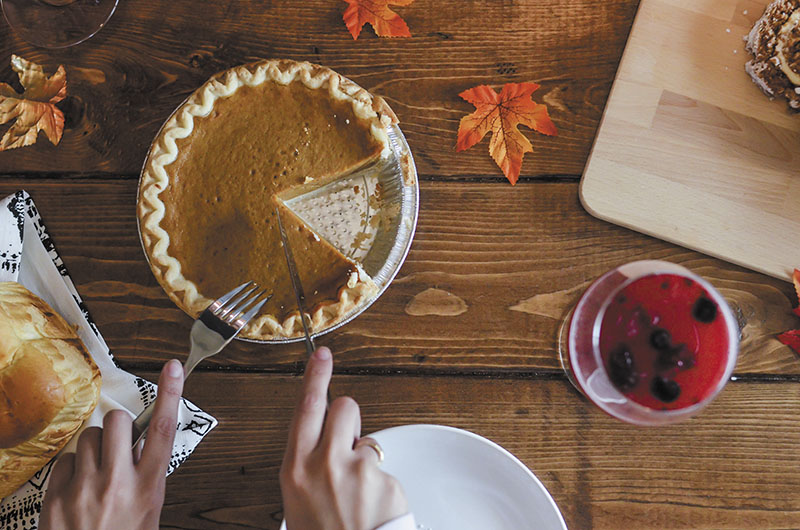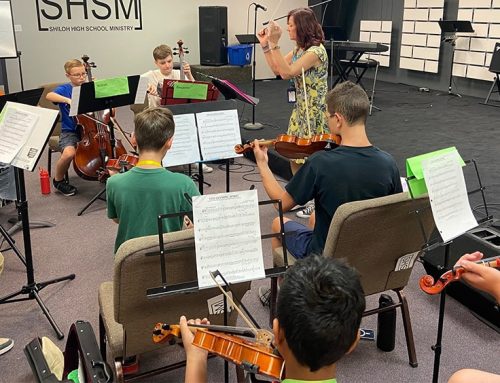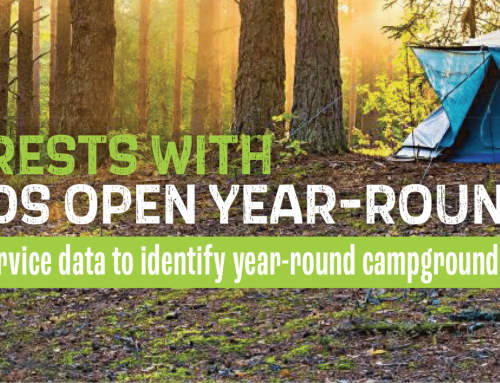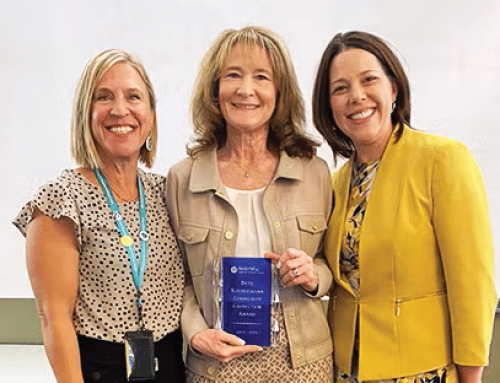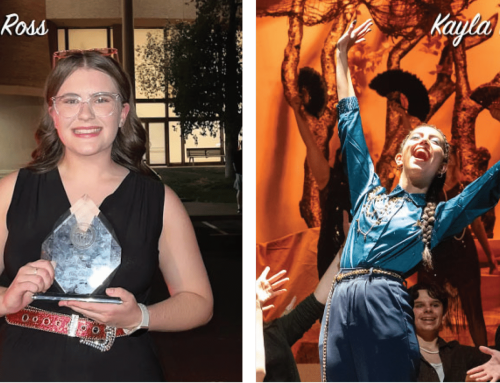Information Courtesy of the Centers for Disease Control (CDC)
Thanksgiving and the holidays are a time when many families travel long distances to celebrate together. Travel increases the chance of getting and spreading the virus that causes COVID-19. Staying home is the best way to protect yourself and others. If you must travel, be informed of the risks involved.
The information below is only a part of the CDC’s recommendations.
To see the full list, visit cdc.gov/coronavirus.
Lower risk activities
• Having a small dinner with only people who live in your household.
• Preparing traditional family recipes for family and neighbors, especially those at higher risk of severe illness from COVID-19, and delivering them in a way that doesn’t involve contact with others.
• Having a virtual dinner and sharing recipes with friends and family.
• Shopping online rather than in person on the day after Thanksgiving or the next Monday.
• Watching sports events, parades, and movies from home.
Moderate risk activities
• Having a small outdoor dinner with family and friends who live in your community.
• Visiting pumpkin patches where people use
hand sanitizer before touching pumpkins or picking apples, wearing masks is encouraged or enforced, and people are able to maintain social distancing.
• Attending a small outdoor sports events with safety precautions in place.
Higher risk activities
Avoid these higher risk activities to help prevent the spread of the virus that causes COVID-19:
• Going shopping in crowded stores just before, on, or after Thanksgiving and other holidays.
• Participating or being a spectator at a crowded race.
• Attending crowded parades.
• Using alcohol or drugs, which can cloud judgment and increase risky behaviors.
• Attending large indoor gatherings with people from outside of your household.
During the celebration
Follow these tips to reduce your risk of being exposed to, getting, or spreading COVID-19 during the celebration:
• Maintain a distance of at least 6 feet or more from people you don’t live with.
• Avoid using restroom facilities at high traffic times, such as at the end of a public event.
• Minimize gestures that promote close contact.
• Wear a mask at all times when around people who don’t live in your household to reduce the risk of spreading the virus.
• Avoid singing, chanting, or shouting, especially when not wearing a mask and within 6 feet of others.
• Clean and disinfect commonly touched surfaces and any shared items between use when feasible.
• Wash your hands often with soap and water for at least 20 seconds, especially after you have been in a public place, or after blowing your nose, coughing, or sneezing. If soap and water are not readily available, use a hand sanitizer that contains at least 60% alcohol.
• Currently, there is no evidence to suggest that handling food or eating is associated with directly spreading COVID-19. It is possible that a person can get COVID-19 by touching a surface or object, including food, food packaging, or utensils that have the virus on it and then touching their own mouth, nose, or possibly their eyes. However, this is not thought to be the main way that the virus is spread. Remember, it is always important to follow good hygiene to reduce the risk of illness from common foodborne germs.
After the Celebration
If you participated in higher risk activities or think that you may have been exposed during your celebration, take extra precautions for 14 days after the event to protect others. Stay home as much as possible. Avoid being around people at increased risk for severe illness from COVID-19, and consider getting tested for COVID-19.
Who Should Stay Home?
Do not host or participate in any in-person festivities if you or anyone in your household has been diagnosed with COVID-19, if someone has COVID-19 symptoms, or is waiting on test results. If you are at increased risk of severe illness from COVID-19, or live or work with someone at increased risk of severe illness, you should stay home as well.

